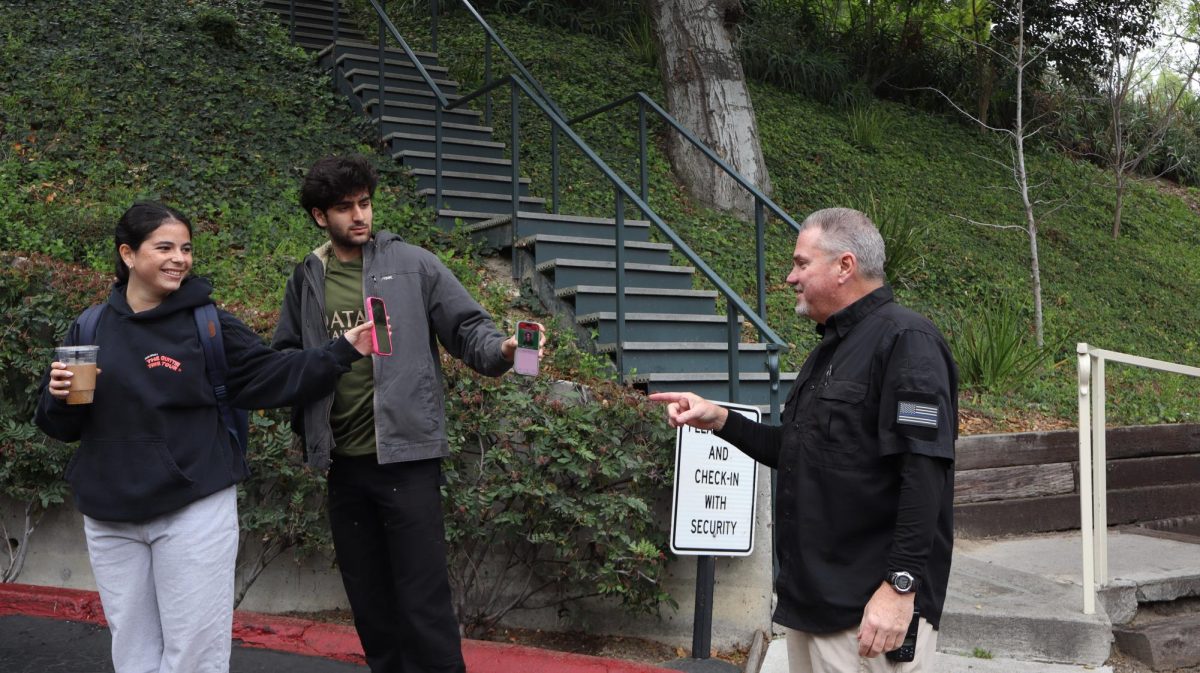By Shayna Freisleben
More money has been allocated for financial aid next year, but fewer students applying for financial aid could be admitted for the 2009-2010 school year, Chief Financial Officer Rob Levin said, as more families already attending school have needed assistance.
“Having to deny students whom the admission committee had admitted was heart-wrenching, but unfortunately, necessary this year,” Director of Admission Elizabeth Gregory said.
Even though fewer are being admitted for the 2009-2010 school year, Levin said that the school will still have a higher number of financial aid admits than seven years ago. Gregory hopes the recession will not inhibit future applicants, nor dictate future classes.
“Nobody wants to see Harvard-Westlake become the kind of school that caters to only one economic group,” she said.
The financial aid budget has ballooned as the financial downturn worsened and as more existing families request monetary assistance. In past years, traditionally seven or eight existing families who were not on financial aid apply for it during the school year.
By November 2008, that number had more than tripled to 27 families, Levin said. Next year, the school is budgeting for more than 40 families. The financial aid budget for 2009-2010 is expected to be $6.7 million, nearly $2 million greater than the budget for the 2007-2008 school year. Levin said that the financial aid budget will continue to expand despite the significant hit to the schoolâs endowment and annual giving.
“A budget is just a tool â itâs an estimation tool and a control tool, but you canât be a slave to it,” he said. “We have a commitment to our existing students.”
When existing families request financial aid, the demonstrated need is almost always granted, Levin said.
“We will be at the highest financial aid participation level in our schoolâs history,” he said. “Not because of the economy, but because of a bigger financial aid pool â what weâve been working on for years.”
Yet with a growing number of financial aid requests also come more questions of their validity. Unlike many universities, the schoolâs financial aid process is not need-blind. Levin said that, occasionally, families will not request financial aid in a tougher economic climate when applying for seventh grade, and will then ask the school for financial assistance at the beginning of their tenure at the school. Levin indicated that in those cases, many of those requests will not be granted.
“When we admit students, itâs a six-figure, a six-digit commitment over that studentâs lifetime,” he said. “We have to be able to plan.”
He said that family emergencies, such as death, illness or job lay-offs, are exempt from financial aid office speculation or investigation. In past circumstances, Levin said, employees of the financial aid office have driven past homes or looked up houses on Google street-view if they are dubious of a familyâs claim.
“If someone tells us theyâre living in a $150,000 house by the side of the railroad tracks and instead, itâs Taj Mahal West, then itâll raise a question.”
Still, whether the economic crisis worsens or improves in upcoming years, Levin said that the school is unequivocally committed to providing families with financial aid.
“When it comes to families inside of the school, there is no budget.”






























